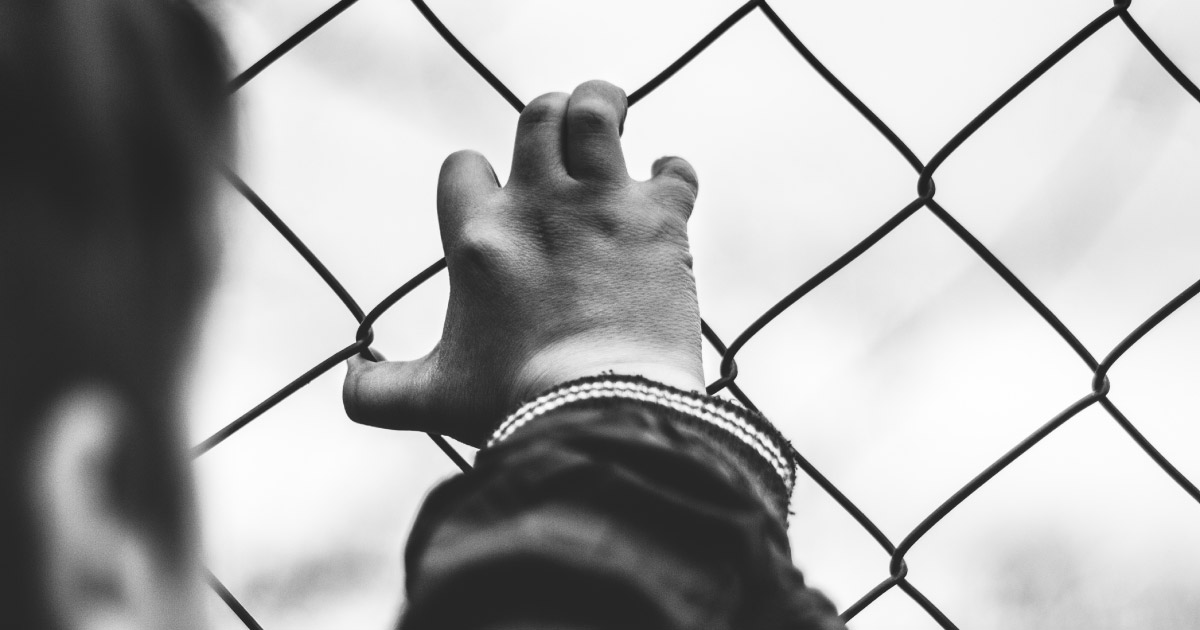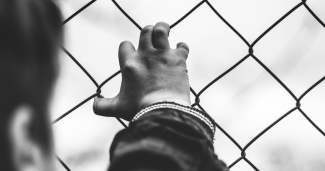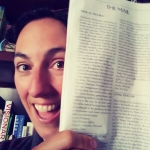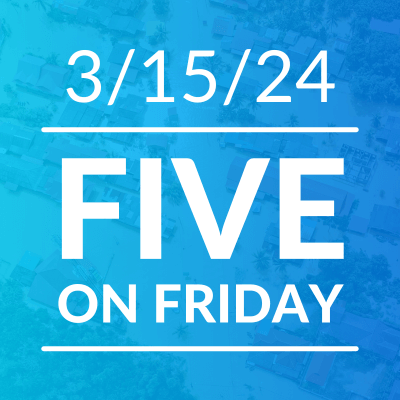Seven-Year-Old Migrant Girl’s Death: How to bring basic humanitarian aid to the border

[Editor’s Note: Today is International Migrants Day. We have a responsibility to those asking for asylum at our borders to provide timely and fair processing, and to assure basic human rights while they await their turn. MCN’s Medical Review for Immigrants helps those in detention with urgent health needs get their medical records reviewed and into emergency care if needed. Support MCN’s efforts for health justice for the mobile poor with a much-needed end-of-year donation.]
It is a heartbreaking refugee story: A seven-year-old girl, Jakelin Caal Maquin, and her father leave the family behind in a destitute village in Guatemala, to take a dangerous journey in search of a steady and bright future. Two thousand miles later, the two arrive at the border, and after 90 minutes of walking through the desert, are approached by Border Patrol. They ask for asylum. Several hours later, Jakelin falls sick. Her father, Nery Gilberto Caal Cruz, who speaks a native language, little Spanish and no English, alerts Border Patrol. Just hours later, the young girl is dead.
Without a full investigation, many details remain unclear, and reported timelines and details are, at this point, speculative; a medical examiner’s report has not been released. Mr. Caal Cruz says that initial statements that Jakelin had not eaten or had anything to drink in the hours before they were detained are false. Nonetheless, the complicated picture emerging from the tragic and preventable death exposes a great need for cultural competency and child-centered health responses to assure basic humanitarian aid along our border and at detention facilities around the country. To provide basic health services and assure the wellness of those who are in custody, we need to quickly learn the lessons from this heartbreaking death:
Translation services and cultural competency save lives.
Mr. Caal Cruz primarily speaks Q’eqchi’, a Mayan language. Spanish is his second language; he reportedly does not speak English, although he was required to sign forms around their request for asylum and the death in English. Without proper communication, critical cues may have been missed, and, without available services for low literacy and culturally competent materials, migrants may be unable to correctly complete paperwork.
Our detention facilities need to gain flexibility to respond to migrants’ health needs -- especially children.
As we’ve seen again and again, detention facilities have insufficiently trained staff, overcrowded conditions, and overstretched health services. Additionally, health systems designed for adults may be not responsive enough to prevent a child’s illness or death. If detention facilities are to care for children, accessible pediatric care must accompany them.
Those seeking asylum are desperate.
The long and harrowing journey that Jakelin took with her father underscores the desperation of those who undertake such a migration. Staying in nearby countries or migrating to closer locations, they will be subject to the same privation they experienced at home, with poorly paid, unstable labor and little chance to pull out of poverty. Many asylum seekers are aware of the probability that they will be deported upon entrance to the US. Yet the risks and dangers of staying at home are great enough to attempt the journey.
Nationwide and Worldwide Work Ahead.
Our work to end such deaths is not limited to health systems along the border. Policies to address the root cause of migration are needed. Humanitarian aid and health services must reach the poverty-stricken and often violence-wracked villages of Central America. And we must all work to shift our culture’s view on migrants, to assure health justice for those who most need it, and to turn to the words of the UN’s Universal Declaration of Human Rights: “All human beings are born free and equal in dignity and rights. They are endowed with reason and conscience and should act towards one another in a spirit of brotherhood.”
Like what you see? Amplify our collective voice with a contribution.
Got some good news to share? Contact us on our social media pages above.
Return to the main blog page or sign up for blog updates here.
- Log in to post comments







